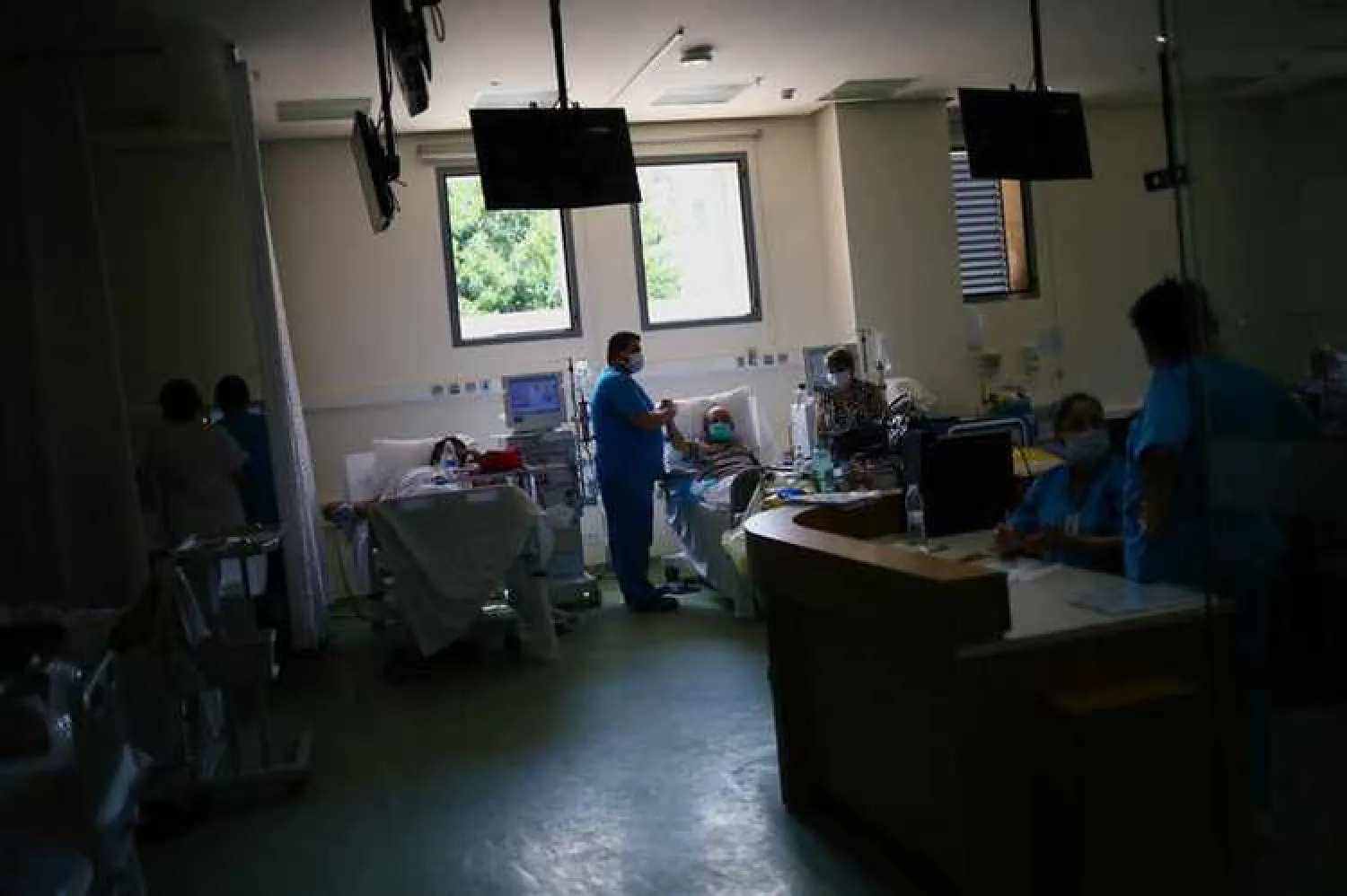Lebanon’s rising cases of the novel coronavirus has increased warnings that the authorities were losing control of their ability to contain the pandemic.
“There are fears that the country could face a real catastrophe,” the head of the parliamentary health committee, MP Issam Araji, told Asharq Al-Awsat on Tuesday.
In the last 24 hours, Lebanon registered 851 new coronavirus cases, which raises the total since February 21 to 30,838, including 307 deaths.
“The high number of COVID-19 cases across the country has exhausted the health sector,” said Araji.
“There are no more than 65 Intensive Care Unit (ICU) beds, and 250 pre-care beds equipped with oxygen left,” Araji said, adding that Lebanon reached this situation due to lack of respect to precautionary measures and also because some ministries failed to accomplish their tasks in fighting the pandemic.
As an example, the MP said the Tourism Ministry was not monitoring tourist institutions while the Interior Ministry was unsuccessful to ban wedding parties and gatherings.
This week, Caretaker Health Minister Hamad Hassan said he had made a recommendation to the government's coronavirus committee about the necessity to re-impose a two-week lockdown amid the surge in the number of COVID-19 cases nationwide.
The committee preferred not to approve his proposal, but instead decided to impose a lockdown on specific areas to contain the virus.
Araji said a decision to impose a lockdown is necessary. “However, any lockdown would be useless if it is similar to the last one Lebanon imposed in the absence of any monitoring or respect to precautionary measures,” the MP explained.
For his part, Abdul Rahman Bizri, an infectious disease specialist and member of the emergency committee on the coronavirus, told Asharq Al-Awsat that the main problem lies in the lack of any decision or plan to face the pandemic due to the absence of a cabinet.
“Lebanon is now at a sensitive phase: The virus is present everywhere even if at uneven rates,” he said.









